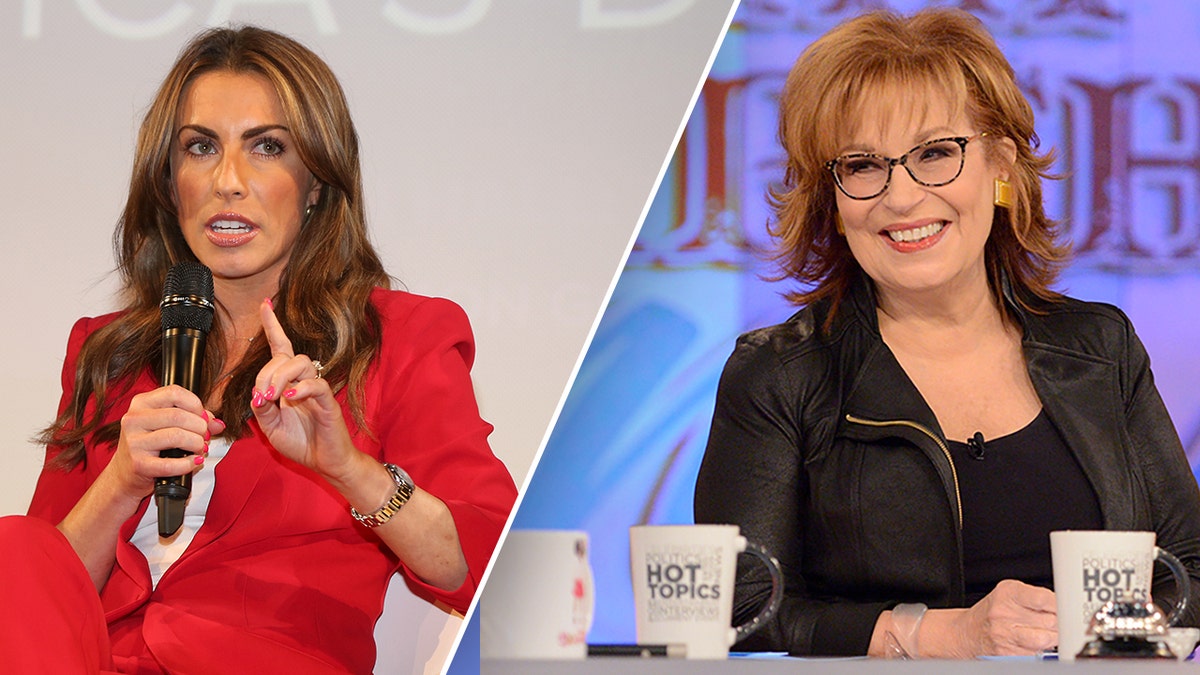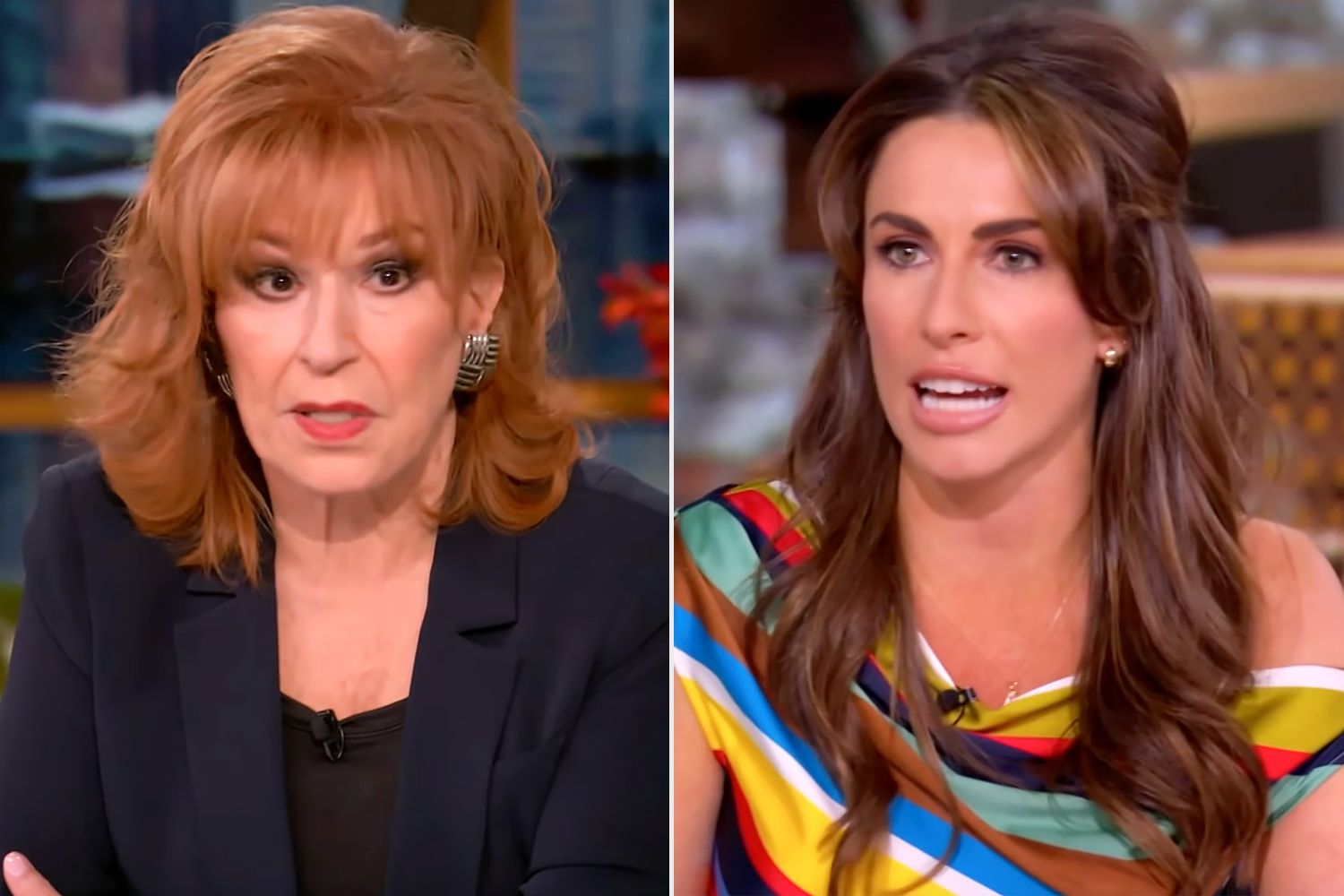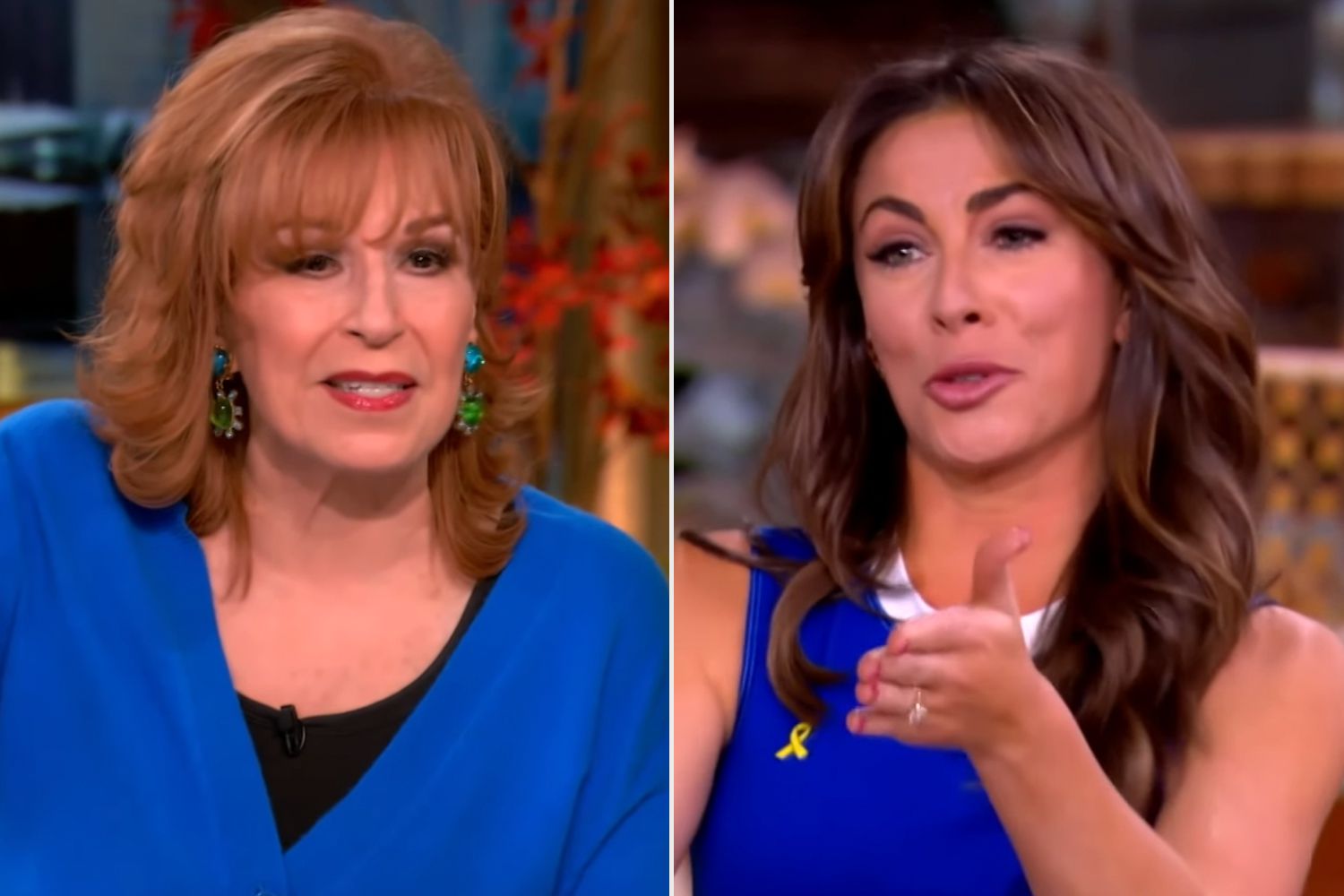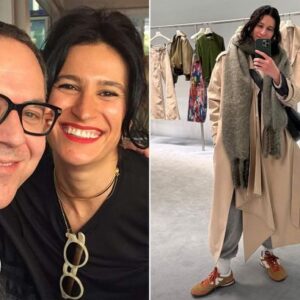“She’s not trustworthy” – Joy Behar alluded to Alyssa’s “two-faced” attitude, causing a stir behind the scenes at The View

In a recent episode of the popular daytime talk show “The View,” tensions escalated when Joy Behar openly questioned Alyssa Farah Griffin’s trustworthiness. Her remarks painted Alyssa as having a “two-faced” demeanor, igniting speculation and conversation both on-screen and behind the scenes. This unexpected exchange has not only intrigued viewers but has also emphasized an internal conflict that many have sensed brewing among the cast members.
Understanding the Context of Joy’s Comments

Joy’s statement reflects ongoing dynamics within “The View.” Tensions are not unusual in a space where opinions clash regularly, but this particular comment seemed to carry an air of authenticity and personal insight. During a segment that touched on trust and loyalty, Joy’s choice of words stood out, prompting fans and critics alike to dissect what this might mean for the show’s atmosphere.
Alyssa, a recent addition to the cast, has faced challenges in proving herself among seasoned co-hosts. With her political background and previous work in the Trump administration, her decisions on how she navigates discussions might appear opportunistic to some. Joy’s characterization of her as “two-faced” suggests serious reservations about Alyssa’s sincerity, implying that her persona on the show may not reflect her true self.
The Fallout and Reactions Behind the Scenes

After Joy’s comments, whispers of discord have circulated among the crew and staff. Many speculate that this is more than just a light-hearted jab; it indicates a deeper sentiment echoing throughout “The View.” Insiders report that the backstage environment has become charged, with tensions rising as cast members grapple with public perceptions and personal dynamics.
In the wake of Joy’s remarks, fans on social media have voiced their support and criticism of both Joy and Alyssa. Some have sided with Joy, agreeing that trust is paramount in any collaborative effort, especially one as public as “The View.” Others defend Alyssa, arguing that she deserves time to establish her voice and that these comments may stem from the show’s high-pressure environment.
Alyssa’s Response and Future Implications

In light of Joy’s critique, Alyssa has responded with grace in public appearances, maintaining her commitment to professionalism. She noted in a statement that open discussion and differing opinions are what make “The View” relevant. However, Alyssa’s future on the show may depend heavily on how she navigates these interpersonal conflicts and whether she can rise above the perceived criticisms.
Co-hosts who have faced scrutiny in the past often find their footing by addressing conflict head-on. Alyssa may take this as an opportunity to redefine her role and rebuild trust with viewers and her co-hosts—should she succeed, she may prove to be a lasting and integral part of the “The View” family.
What This Means for “The View” Moving Forward

The whole episode raises essential questions about trust and cohesion within a cast that thrives on strong personalities and candid discussions. Joy’s candid remarks serve as a reminder of the stakes involved in producing a show that relies on real-life connections and camaraderie among its cast.
As drama unfolds behind the scenes, audiences will be tuning in not just for the topics discussed but to see how Alyssa handles the heat of public commentary mixed with personal critique. Will she emerge as a strong contender for the hearts of the audience and her peers, or will she continue to be plagued by questions of reliability? Only time will tell, but the current atmosphere certainly suggests that viewers should keep a close eye on the interactions on “The View.”
Conclusion

The tensions and dynamics within “The View” continue to evolve, drawing interest from a dedicated audience. If you want to stay updated with the latest developments and insights about “The View,” be sure to follow our updates and engage with the conversation surrounding trust and relationships in daytime television.





